Introduction
Too much stress, too much junk food, too little sleep can all tip the scales and put your immune system out of balance. So how do you rebalance it?
Right now, achieving a balanced immune system is at the forefront of everyone’s mind. But, what are the best herbs and supplements to help achieve this lofty goal?
This article reviews 6 botanicals that may help support good immune function. For all the deets, read on…
Immune Boosting Botanicals

Curcumin
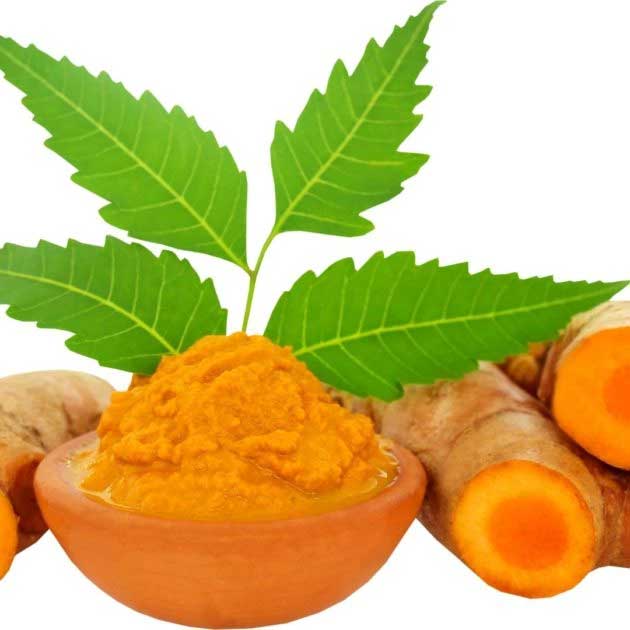
Curcumin, also known as turmeric, is a well-known anti-inflammatory herb. Curcumin is what gives turmeric its bright orange-yellow color. Studies have shown Curcumin may help modulate the immune system and help calm things down a bit.
For an easy way to add a little turmeric to your diet, try mixing 1 tsp raw honey (local if possible) with a pinch of turmeric, black pepper, and ginger. Combine well, then down the honey mixture.
The raw local honey contains local pollen from the bee’s coat which can help desensitize you to local allergens. Turmerics’ natural inflammatory properties may help calm sinus congestion.
Black pepper helps move the turmeric to your bloodstream so it can do all its good work.
Elderberry
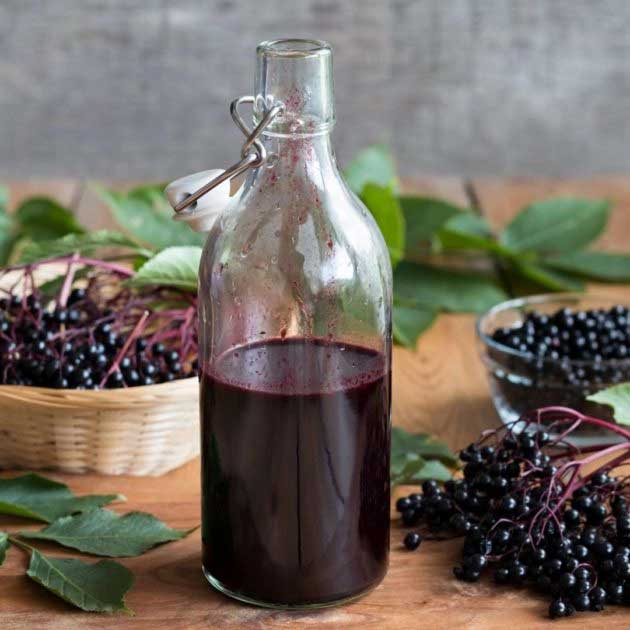
Antioxidant-rich elderberry may be a tasty way to boost your immunity naturally. The most researched type of elderberry is Sambuchus nigra or European elder.
Elderberry teas and syrups have been used for centuries to boost immunity due to their high antioxidant content which purportedly improves immune function.
More studies may be needed to lock down this theory, however, there are a few that are supportive. Always remember the roots and leaves of this plant are potentially toxic, so they’re best not consumed.
Green Tea Extract
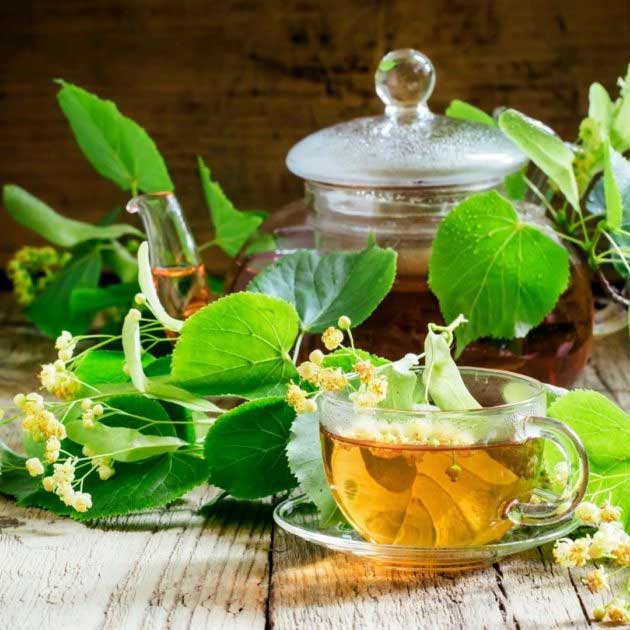
I love taking a break with a nice soothing cup of green tea, but green tea’s health benefits make having a cup even sweeter. Green tea is well-known for its anti-viral and anti-inflammatory properties.
A study with mice indicated the epigallocatechin gallate fraction (whew, that’s a mouthful!) of green tea extract (EGTE) aided in regulating immune response.
A small study with nursing home patients found gargling with green tea 3 times daily helped improve the effectiveness of the flu vaccine in this population.
However, be advised, too much green tea extract may lead to liver toxicity, so be careful if using supplements. With that said, drinking green tea appears overall to be safe– 4 cups per day is recommended for therapeutic benefits.
NAC
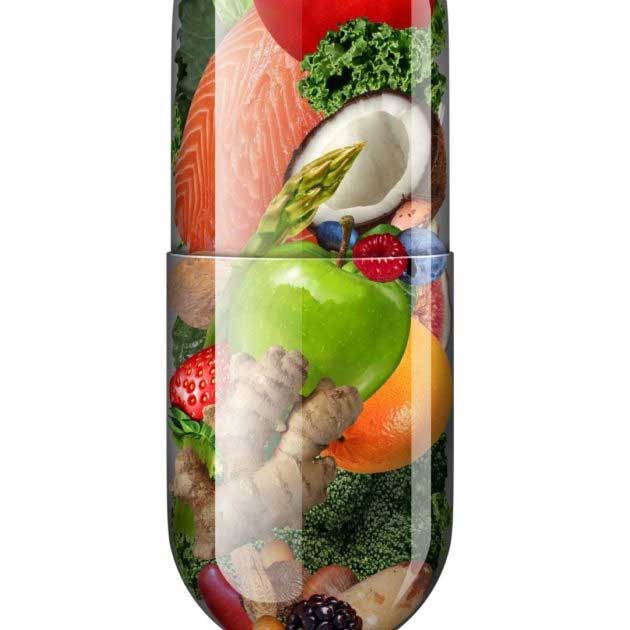
NAC or N-Acetyl Cysteine is a glutathione precursor which means it helps make and replenish glutathione.
Glutathione is sometimes called the body’s “master antioxidant” as it’s an essential ingredient for immune health, neutralizing free radicals to prevent cell damage and increase longevity.
Studies have indicated NAC may help improve immune function by restoring natural killer cells. However, more human studies would be beneficial.
NAC is found in high protein foods like chicken, turkey, cheese, eggs, and legumes. Supplements are also an option — the recommended daily dosage is in the range of 600 -1800 mg.
Quercitin

Quercetin is a flavonoid found in fruits and vegetables like cherries, grapes, red onion, and kale.
This flavonoid has been found to inhibit inflammation and viral replication in your body’s cells. It may also help decrease the severity of allergic reactions.
Besides foods, quercetin is available in supplement form. The recommended dosage for immune support is at least 500 mg daily.
Side effects may include headaches, tingling sensations, and nausea but this is usually seen with longterm use as higher dosages.
Fisetin
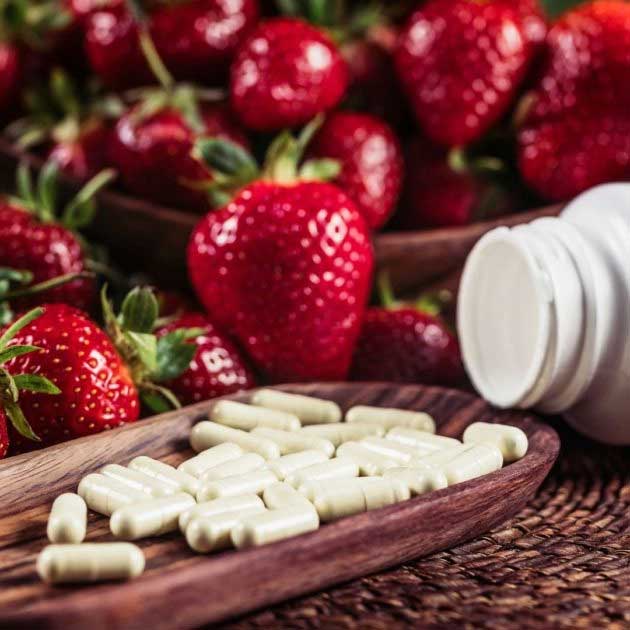
Until recently, I wasn’t familiar with fisetin — I must be hiding under a rock! It’s a fat-soluble flavonoid commonly found in such everyday foods as strawberries, seaweed (ok maybe this one isn’t so everyday), apples, kiwis, grapes, tomatoes, onions, and cucumbers.
Fisetin has been shown to have strong anti-inflammatory, anti-oxidant properties in studies on cell cultures and animals. A recent study showed fisetin may help decrease asthma symptoms in animals
This flavonoid may also help the body rid itself of old, useless immune cells so your immune system can better function. Removing these old cells may help calm inflammation, improve physical function, and promote healthy aging in the body.
Unfortunately, more human trials are needed to help validate these claims. No evidence of toxicity has been seen yet in animal studies.
Fisetin is available in supplement form but is poorly absorbed. Absorption may be improved by taking in with a healthy fat source. Strawberries appear to be the best food source of fisetin.
Conclusion
Boosting your immune system naturally need not be hard. These 6 botanicals are just a few of the slew of nutrients found in whole foods.
While organic, whole foods are always best, supplements are an option–just be sure to purchase high-quality supplements and always read their labels.
Cut out the ultra-processed foods. Start learning what your body needs for it to be healthy. Eat that instead.
***Disclaimer: This post is for informational purposes only and should not be construed as medical advice***

